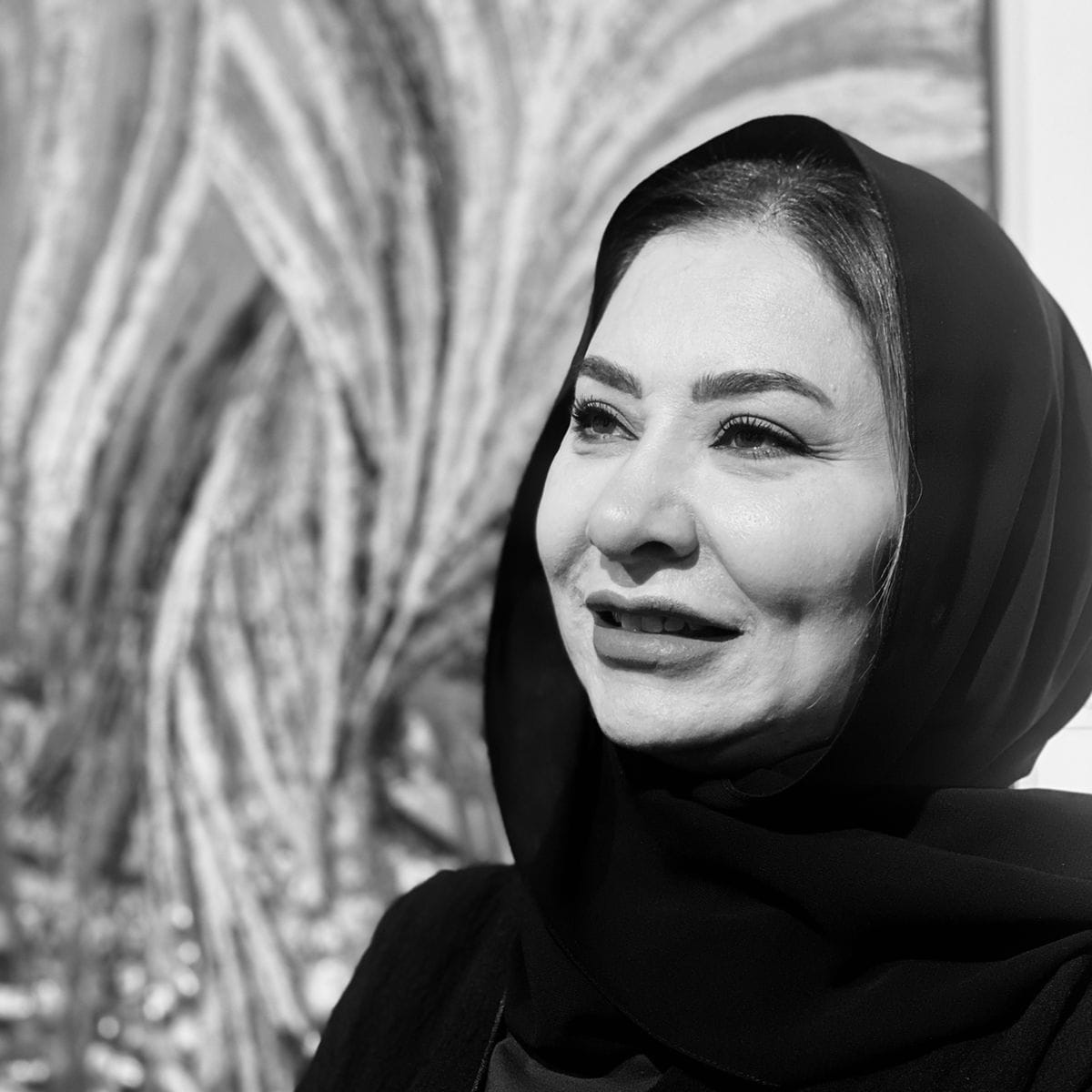Riyadh: The deadline for the inaugural National Horse Blankets Design competition, which was launched Jan. 21 by the Ministry of Culture, is drawing closer.
March 31 is the cut-off date for entries into the contest, which asks participants to design blankets that will be placed on horses at major race events in the Kingdom. There is a total prize fund of SR600,000 ($160,000) on offer. Judging will begin April 11 and the winners will be announced at the end of May.
The competition is open to Saudi nationals and is split into four categories: Muneefa, Al-Asmaa, Ya'bob, and Al-Motref.
There will be three winners in each category, with those placing first winning SR75,000, and those securing second and third receiving SR50,000 and SR25,000 respectively, along with other honorary prizes.
Entries in the Muneefa category — the name is inspired by the horses of the late King Abdulaziz, the founder of Saudi Arabia — should “embody the Kingdom’s rich culture and history, encompassing its diverse regions, including geography, heritage, environment, and more.”

Saudi plastic artist Najla Al-Saleem, a member of the Visual Arts Society
The name of the second category, Al-Asmaa, means "unattainable" and is inspired by poems that poets find exceptionally challenging to compose. Designs in this category should reflect the Kingdom’s ancient civilizations, including Nabataean, Kindah, Qidar, and Al-Magar.
Ya'bob, the third category, means "a tall and swift horse." Entrants are invited to design a blanket that “embodies the Kingdom’s pioneering spirit and the rapid pace of its achievements in all fields, in alignment with the objectives of Vision 2030.”
The name of the fourth category, Al-Motref, refers to a horse with a white or black head and a different colored body. This track challenges participants to create designs influenced by the ministry’s 16 cultural sectors, incorporating at least one idea from each sector.
The Saudi plastic artist Najla Al-Saleem, a member of the Visual Arts Society, told Arab News that competitions like this are a great opportunity for both professionals and amateurs to showcase their creativity.
“Artists require opportunities like this to stay consistently charged with enthusiasm and creativity,” she said, adding that the competition was “a beautiful proposal” offering artists the chance to “generate ideas that contribute to fostering creativity.”
According to a statement from the Ministry of Culture, the contest is intended to “cultivate a vibrant and creative atmosphere that encourages practitioners and talented individuals, engaging them in designing unique cultural products that enhance the cultural value held by horses in the hearts of Saudi society.”























